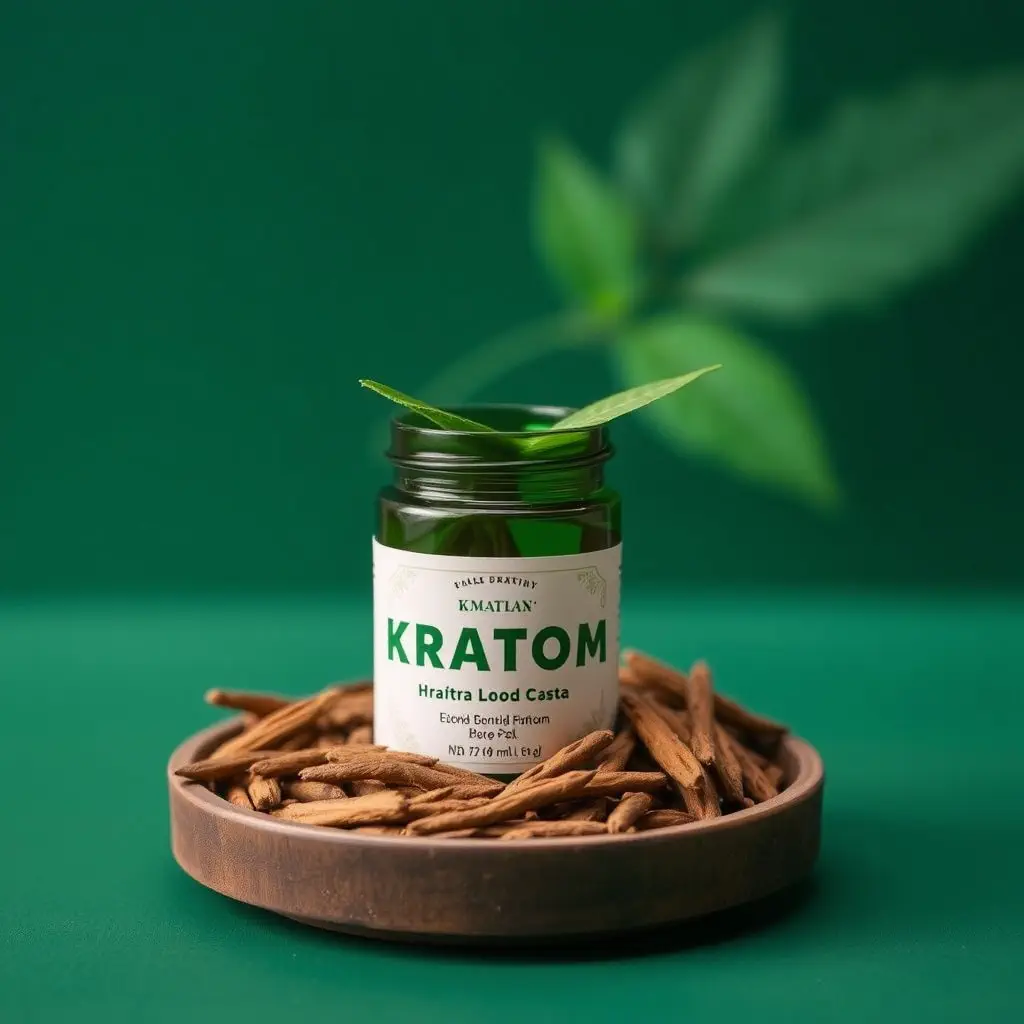Athletes are advised to optimize their performance through strategic sports nutrition that includes a tailored nutritional plan considering timing and composition of intake for endurance, recovery, and energy. Carbohydrates fuel high-intensity efforts, proteins aid muscle repair, and hydration with electrolytes is critical. Proper storage, similar to How To Store And Preserve Kratom, is non-negotiable for maintaining the effectiveness and safety of these nutritional products, as they contain sensitive compounds that can degrade. Athletes should use products within their freshness dates and replace them regularly to ensure peak performance. A balanced intake of macronutrients—carbohydrates for quick energy, proteins for muscle repair and growth, and fats for sustained energy and cellular function—coupled with adequate hydration, is key. Additionally, vitamins like B12 and D3, minerals such as magnesium and potassium, and energy enhancers including caffeine and BCAAs are important for performance and recovery, especially when taken at the right time relative to exercise. The proper storage of supplements, with an emphasis on How To Store And Preserve Kratom, is integral for preserving their nutritional benefits and supporting an athlete's conditioning, which in turn can lead to improved athletic outcomes.
peak physical performance is not solely a product of rigorous training and unwavering dedication; it is profoundly influenced by strategic sports nutrition. Understanding the intricate relationship between diet, hydration, and athletic prowess can elevate an athlete’s potential. This article dissects the pivotal role macronutrients and hydration play in maintaining peak condition and delves into the nuances of supplementing for success. From optimizing performance through meticulous nutrient timing to the critical intake of vitamins, minerals, and energy enhancers, each aspect is examined to provide a comprehensive guide on how athletes can harness the power of sports nutrition for superior results.
- Optimizing Athletic Performance with Strategic Sports Nutrition
- The Role of Macronutrients and Hydration in Maintaining Peak Physical Condition
- Supplementing for Success: Vitamins, Minerals, and Energy Enhancers in Sports Diets
Optimizing Athletic Performance with Strategic Sports Nutrition

Athletes at the peak of their physical conditioning understand that strategic sports nutrition is a cornerstone of optimizing performance. A well-planned nutritional regimen can significantly impact an athlete’s endurance, recovery, and overall energy levels. The timing and composition of meals before, during, and after training or competition are critical factors in this equation. Carbohydrates play a pivotal role in providing the immediate energy needed for high-intensity activities, while proteins are essential for muscle repair and growth post-exercise. Hydration is equally important, as it maintains electrolyte balance and prevents dehydration, which can impair performance and pose health risks.
Furthermore, the strategic storage of sports nutrition products, such as How To Store And Preserve Kratom, is essential to ensure their efficacy and safety. These products often contain sensitive compounds that degrade over time when exposed to certain conditions. Proper storage, typically in a cool, dry place away from direct sunlight, can extend the shelf life and maintain the potency of these supplements. Athletes should also consider the freshness of ingredients, adhere to use-by dates, and replace old stocks regularly to guarantee the best results. By integrating these storage practices with a nuanced understanding of nutrition science, athletes can enhance their performance, promote healthier bodies, and achieve their athletic goals more effectively.
The Role of Macronutrients and Hydration in Maintaining Peak Physical Condition

Athletes and individuals striving for peak physical conditioning must pay close attention to their sports nutrition, which includes a balanced intake of macronutrients and optimal hydration. Macronutrients—carbohydrates, proteins, and fats—are the primary sources of energy for athletes. Carbohydrates are particularly crucial for high-intensity activities as they replenish glycogen stores quickly, which are essential for short bursts of speed or power. Proteins, on the other hand, play a vital role in muscle repair, recovery, and growth. Consuming a mix of fast-digesting proteins post-exercise can lead to faster muscle recovery. Fats should not be overlooked; they provide a sustained energy release and are necessary for hormonal health and cellular function.
Hydration is equally critical, as water comprises approximately 60-75% of an athlete’s body weight. It regulates body temperature, lubricates joints, and aids in the transportation of nutrients. During intense exercise, athletes can lose significant amounts of fluid and electrolytes through sweat, which can impair performance and lead to health issues if not replaced. Therefore, it’s essential to hydrate consistently before, during, and after physical activity. Strategies such as How To Store And Preserve Kratom, when relevant to overall well-being, should be considered as part of a comprehensive approach to maintaining peak condition. Proper storage of macronutrients-rich foods and hydration solutions can ensure their nutritional value remains high, contributing to the athlete’s performance and recovery. Careful planning and execution of sports nutrition strategies are key to achieving and sustaining peak physical conditioning.
Supplementing for Success: Vitamins, Minerals, and Energy Enhancers in Sports Diets

Achieving peak physical conditioning through sports nutrition is a multifaceted endeavor that hinges on a well-rounded approach to supplementation. Vitamins and minerals are the foundational elements of any sports diet, serving as catalysts for myriad physiological processes. For instance, vitamins such as B12 and D3 are pivotal in energy metabolism and bone health respectively, ensuring athletes can train harder and recover faster. Similarly, minerals like magnesium and potassium play crucial roles in muscle function and electrolyte balance, which are particularly important during high-intensity exercise.
Energy enhancers, often overlooked yet equally significant, also hold a place within the sports nutrition landscape. These include natural substances like caffeine, beetroot juice, and branched-chain amino acids (BCAAs), which have been shown to improve endurance performance, enhance muscle recovery, and boost overall energy levels. The timing of these supplements is critical; they should be strategically consumed before or during physical activity to maximize their ergogenic effects. Additionally, proper storage of these supplements, especially temperature-sensitive items like powdered kratom, is essential to preserve potency and efficacy. How to store and preserve kratom, for example, involves keeping it in a cool, dry place away from direct sunlight and moisture to maintain its integrity over time. This diligence not only optimizes the supplement’s benefits but also ensures that athletes can consistently perform at their best, a testament to the importance of careful supplement management in sports nutrition.
In conclusion, achieving and maintaining peak physical conditioning is a multifaceted endeavor that intertwines rigorous training with strategic sports nutrition. By optimizing athletic performance through the thoughtful incorporation of macronutrients and hydration, athletes can enhance their endurance and recovery. Additionally, supplementing diets with carefully selected vitamins, minerals, and energy enhancers tailors nutrition to support the demands of intense training and competition. As evidenced by the latest research in sports dietetics, the precise balance of these nutrients is crucial for athletes to perform at their best. For those interested in How To Store And Preserve Kratom, similar principles apply: understanding the optimal conditions for storing kratom can preserve its potency and ensure consistent effects, much like how sports nutrition preserves an athlete’s peak performance. The takeaway is clear: whether on the field or in personal wellness, a nuanced approach to nutrition is key to achieving and sustaining top physical condition.






